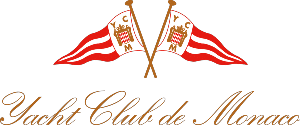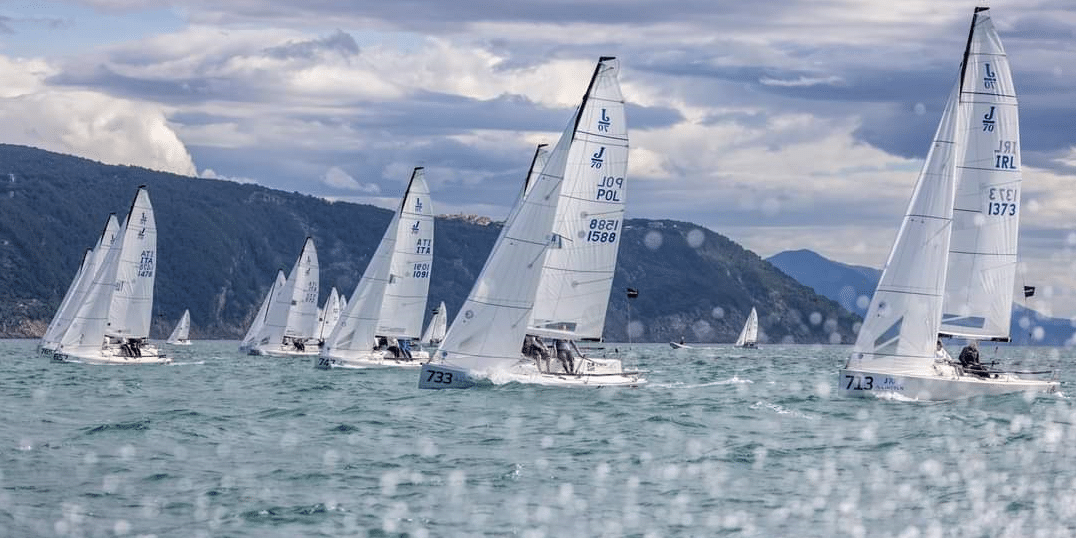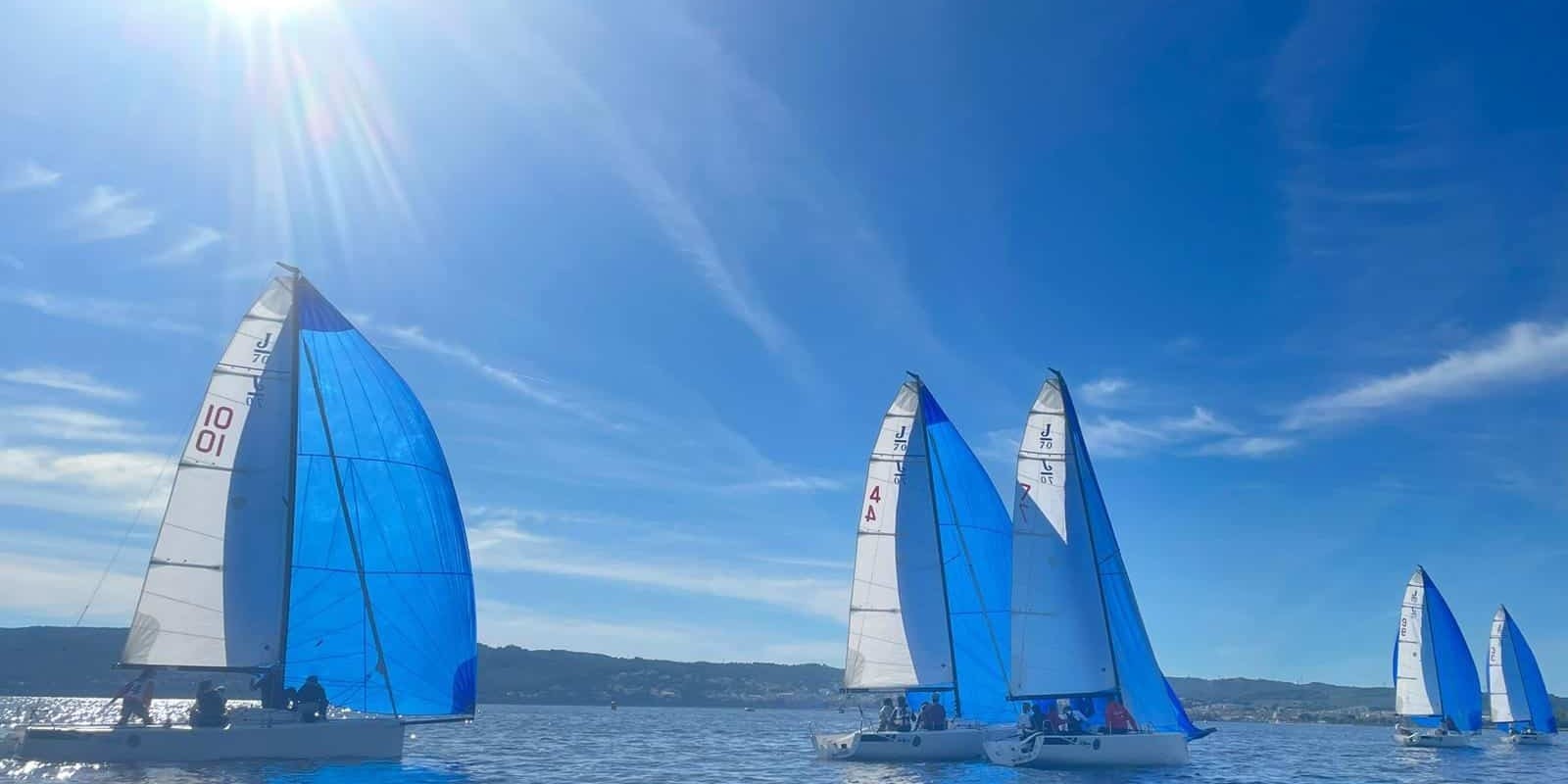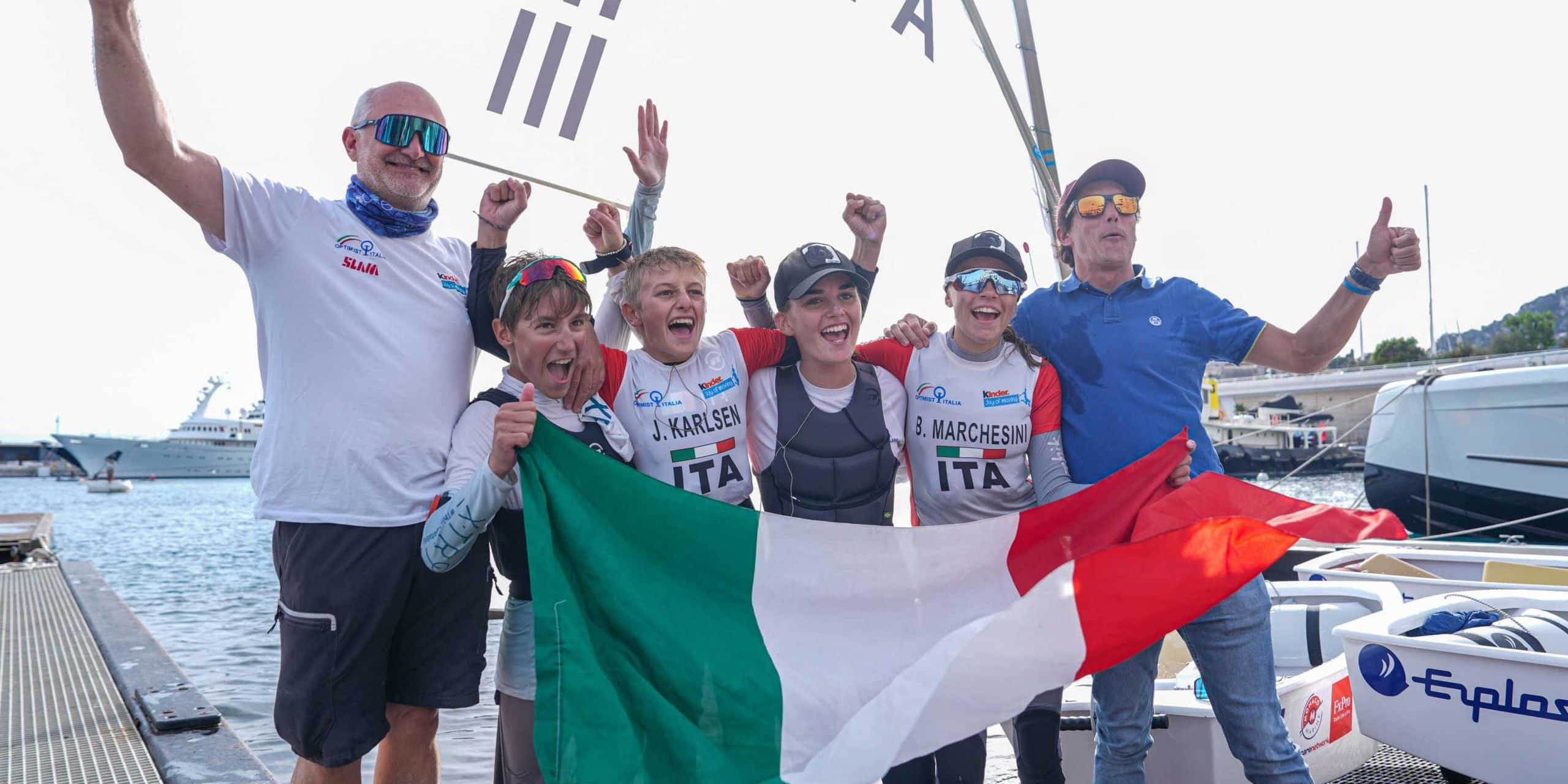Expedition Sir Ernst
I’m on watch tonight from 02:00. I adjust the chart’s scale on the navigation computer. This has reduced it to reveal on screen the position of Sir Ernst, Cape Horn 120 miles to the north and details of the Wollaston archipelago which follows. Our route is very close to the continental plateau, a sort of underwater rocky promontory that extends up to 80 miles south of the Horn. We will therefore avoid this area. The seabed rises in a few miles from 4,000m to under 100m. And as everyone knows, the wind here tends to whip up a sea just waiting to play.
The forecast is for a wind gusting up to 40 knots, we will sail close-hauled to round the famous cape. Something to remind us that crossing the Drake Passage which separates the Antarctic Peninsula from South America will live up to its reputation to the end. Then the last 100 miles will take us to Ushuaia via the Beagle Channel.
And so it will be that when looking at land, we will find shades forgotten in Antarctica; the colour green will be omnipresent again! We will note the absence of trees in the deep south, they are never big in this region, their trunks tormented and bent right over.
Throughout their lives as they grow they have to withstand stormy winds which bend them double. It sure is easy to work out the prevailing winds here!
In a few days we will back home, happy to see our families, but forewarned by the few news items we did receive that we will find a world that is not at peace. Fundamentalism, exacerbated nationalism, racism – all words that I’ve never found associated with Antarctica. And yet life is not easy for any of the species living on the White Continent. As it is everywhere in nature, whatever rank of animal, you are prey to a predator stronger than you. Orcas love seals, sea leopards are partial to penguins and even if you are at the top of the chain, like whales, history reminds you that mankind knows how to commandeer nature to destroy your species.

But animals, unlike humans, only kill for food in order to survive. We witnessed an unusual scene at Dorian Cove. On the shore, a skua which is a very common bird in the Antarctic was relentlessly attacking a penguin trying to protect the egg it was incubating. The ability of the penguin to defend itself is limited and inversely proportional to the skua’s aggressiveness. We were too far away to know who emerged the victor, but judging by the large number of destroyed eggshells around the nesting areas the skuas are not starving!
In Antarctica life is tough and humans only tolerated because of their technology. The resources here can only be guessed at and have already whetted the appetites of many. Under the pretext of research, the Russians and Chinese are drilling to identify the mineral resources. The English at the Rothera Research Station in Marguerite Bay have built a proper airfield with devices to guide planes in on landing. The 150m long supply boat was alongside and 150 live there in high season. Negotiations for the new Antarctic Treaty promise to be tough!
Tonight, on a pensive note, I’m remembering the words of Shackleton who, on his return from his expedition on Endurance, wrote: “We had suffered and triumphed, grovelled down yet grasped at glory, grown bigger in the bigness of the whole. We had seen God in His splendours, heard the text that Nature renders. We had reached the naked soul of man”.
Ernest Shackleton brought all his men safely back to Europe following a truly incredible journey. It was 1916. War was raging. The British members of his crew were mobilised and very quickly left for the front on the Somme. None of them came back.
Hervé at 56° 22′ S – 66° 55′ W
Dernières publications
20 October 2024
Season ends on a high
J/70 – Italian Cup – Lerici The J/70 Italian Cup ended this weekend in Lerici in ideal conditions…
20 October 2024
Girls on top
J/70 – WLS – Martigues The Pink Wave Sailing Team representing Yacht Club de Monaco put in a fine…
19 October 2024
Sixth European title for Italy
2024 Optimist European Team Racing Championship The curtain has fallen on the Optimist European…



